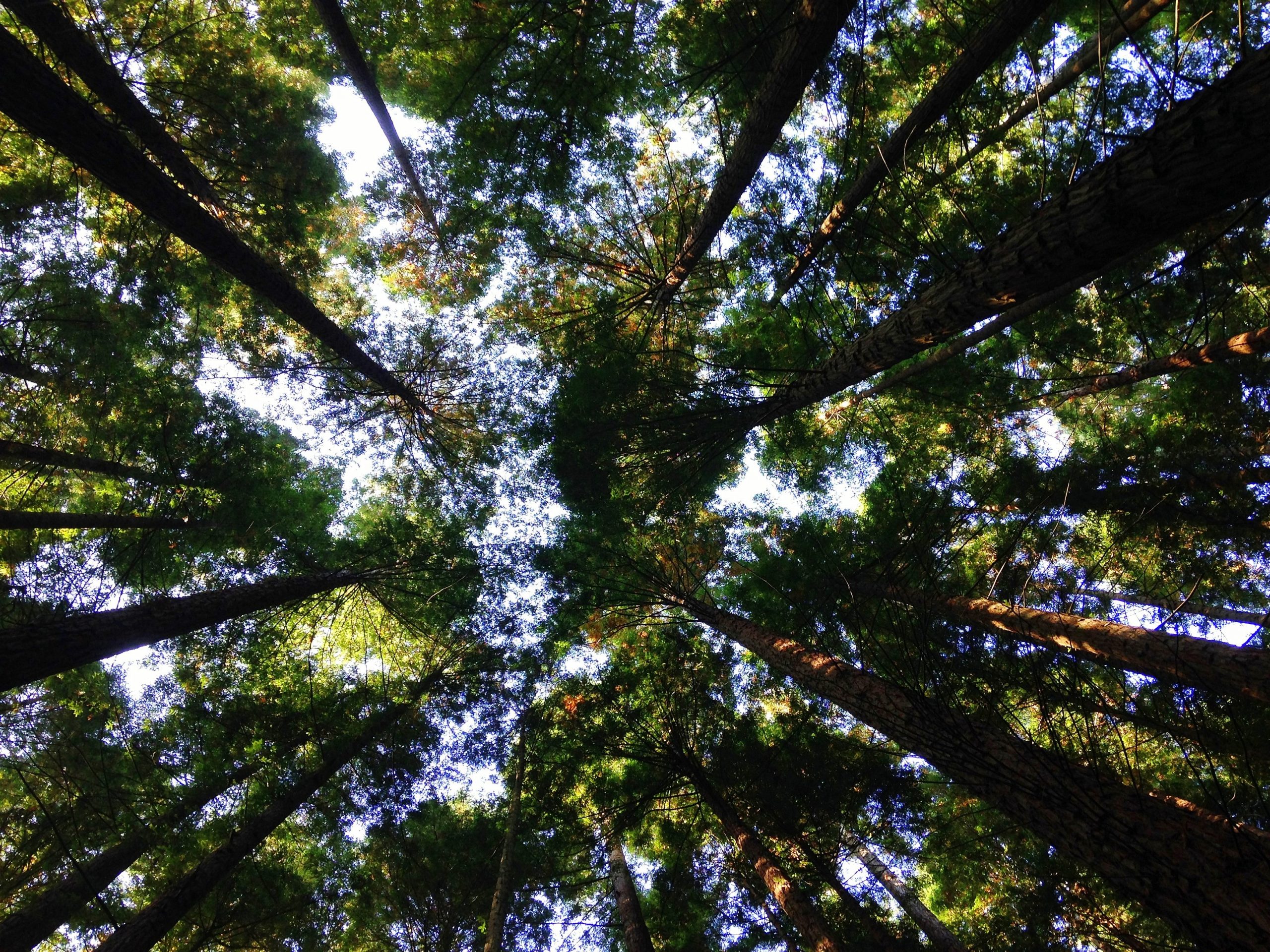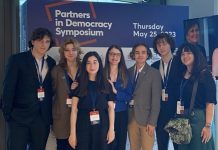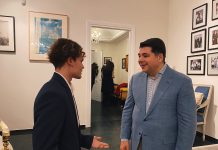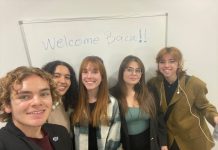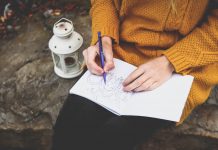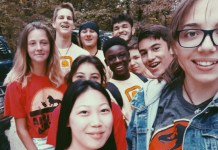By Maria Kostomanolaki ’20 (Heraklion, Greece / Hanford, CA)
On July 24, I, as Alumni Coordinator for Greece, organized an environmental workshop for young people at the Thessaloniki TechLab, my local American Space, in which I was the main speaker. Ten university students, aged 18 to 25 years old, attended the “Eco not Ego” event to learn more about self-sustainability and ways to make their everyday life more eco-friendly. The name, “Eco not Ego,” symbolizes the ecosystem over the “ego-system,” meaning caring about the well-being of all instead of just one’s self.
 I was inspired to lead this workshop after attending the 2022 IDEAL Workshop for FLEX and YES alumni in Southeast Europe, where I participated in the environment theme group. During the workshop, our amazing mentors Jelena Ristic ’14 (Nis, Serbia / Anchorage, AK) and Nina Loncarevic ’12 (Podgorica, Montenegro / Des Moines, IA) helped us identify our local environmental issues by providing tools for online research and brainstorming ways to solve them using guided worksheets.
I was inspired to lead this workshop after attending the 2022 IDEAL Workshop for FLEX and YES alumni in Southeast Europe, where I participated in the environment theme group. During the workshop, our amazing mentors Jelena Ristic ’14 (Nis, Serbia / Anchorage, AK) and Nina Loncarevic ’12 (Podgorica, Montenegro / Des Moines, IA) helped us identify our local environmental issues by providing tools for online research and brainstorming ways to solve them using guided worksheets.
It was during this workshop that I reflected on environmental education in Greece. Oftentimes, there are only two environmental classes offered in primary school and even those are usually taken advantaged of as extra hours to cover other subjects, like math. As a result, people usually can’t understand or identify local and global environmental problems or how their personal habits may contribute to those. Therefore, environmental problems are multiplying, instead of reducing, and becoming more and more perceptible.
During the workshop, I talked about the Earth’s overshoot day, which is the date that humanity is predicted to exhaust all the biological resources that Earth can naturally regenerate in a year. I also explained the concept of an “ecological footprint”– how fast one consumes resources and generates waste compared to how fast nature can absorb their waste and regenerate their resources. Participants calculated their personal ecological footprints, and even though many participants thought they were living sustainably, many of them were really surprised to see that if everybody lived the same way as they do, we would need four Earths to naturally reproduce all the resources they will use in a lifetime. This led to a very interesting conversation where we discussed why this is the case and what we can do to reduce our impact on the environment.
After that, I shared some information on how to recycle properly and we played a Kahoot! quiz game called “Is it Recyclable?” to test their knowledge.
“I learned a lot today and I had a lot of fun,” said Evelyn, a workshop participant. “I now see my actions in such a different way and hadn’t realized their impact on the environment.”
Calculate your personal ecological footprint here: https://www.footprintcalculator.org/home/en

